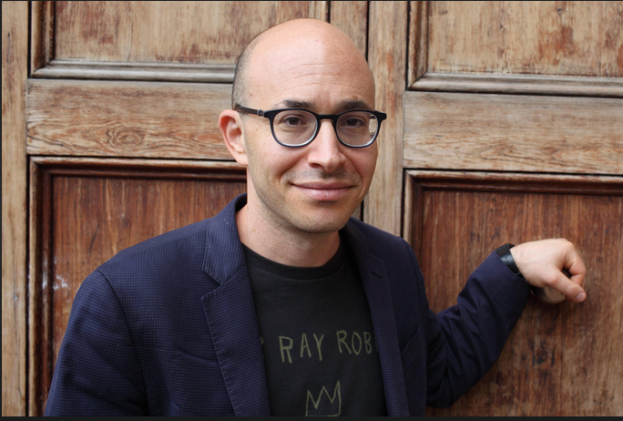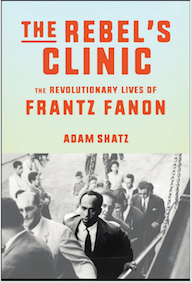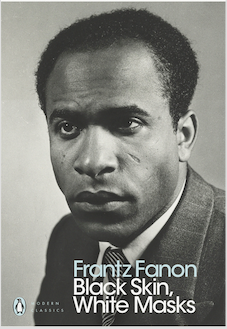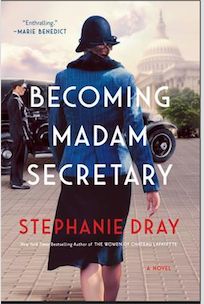
We steer clear of works of fiction – not only do we want our conversations to be based in facts, but it’s a hassle to dance around spoilers. Maybe like me you vaguely know that Frances Perkins is an important person in Women’s History, mostly because she was the first female to serve in the United States Cabinet, and like me, you have a blurry visual in your mind of an unsmiling, rather severe older woman who had something to do with the New Deal and the Depression. Maybe you never wondered why Franklin Roosevelt appointed her as his Secretary of Labor, or what made her so effective in identifying social injustices and doing things to rectify them.
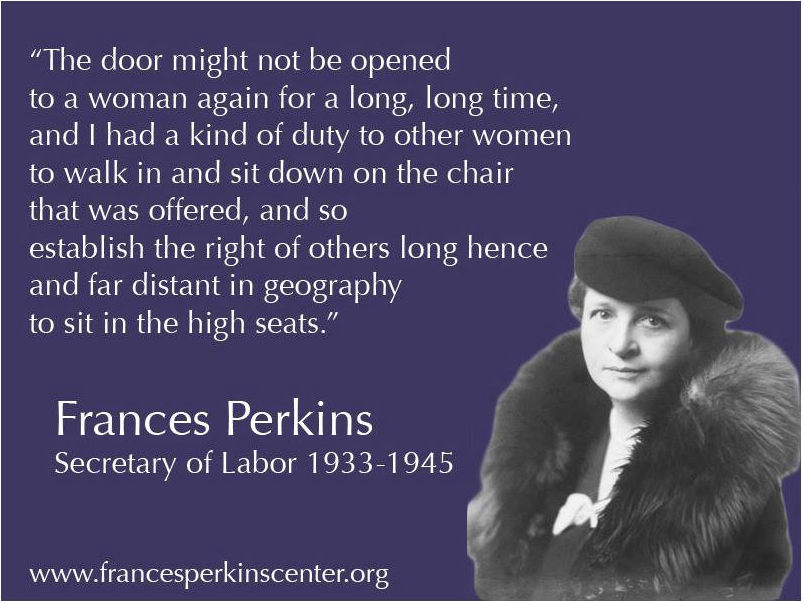
Stephanie Dray, explained what compelled her to tell Frances Perkins story – that so many of the things we take for granted today: weekends, food and fire safety regulations, unemployment insurance, social security and so much more. Her deep research has resulted in her latest book, BECOMING MADAM SECRETARY, just out from Berkley Books. Her earlier books, many of which were NYT bestsellers, include THE WOMEN OF CHATEAU LAFAYETTE, MY DEAR HAMILTON, AMERICA’S FIRST DAUGHTER, and THE NILE TRILOGY. In BECOMING MADAM SECRETARY she uncovers the forgotten history of the intellectually brilliant, politically pragmatic and physically courageous woman, who remains the longest serving cabinet member in US History, Frances Perkins.
We spoke with Stephanie Dray via Skype on the Vernal Equinox of 2024.
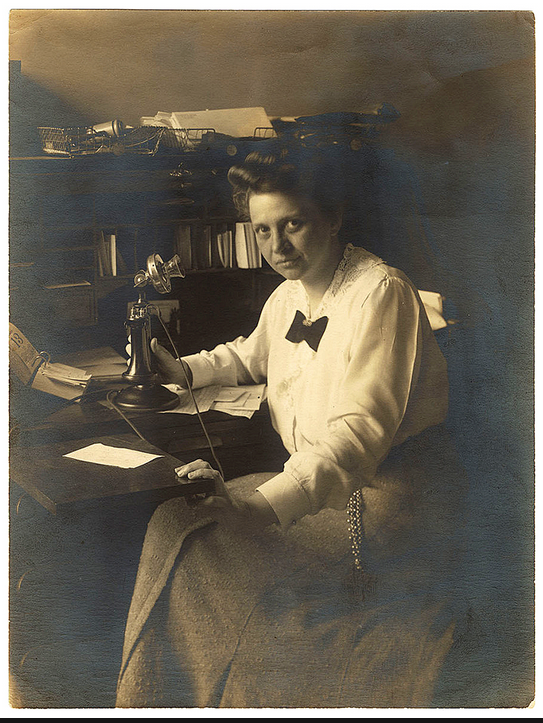

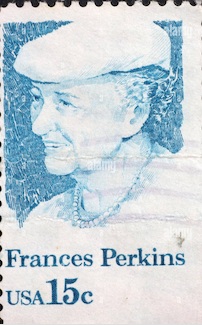
When Women Lost the Vote https://www.amrevmuseum.org/virtualexhibits/when-women-lost-the-vote-a-revolutionary-story
How Trump Ends Social Security https://hartmannreport.com/p/how-trump-ends-social-security-4bb
Trump Wants to Destroy Social Security, But Biden Plan Would Improve and Expand It https://www.commondreams.org/opinion/biden-vs-trump-on-social-security?utm_source=Common+Dreams&utm_campaign=fc4122f9bf-Top+News%3A+Mon.+3%2F18%2F2024&utm_medium=email&utm_term=0_-37878a46b5-%5BLIST_EMAIL_ID%5D

